We Can Speak For Ourselves
The deepening conditions of poverty in the UK are a human rights violation.
Now, people living through it have presented a powerful reality check directly to the United Nations.
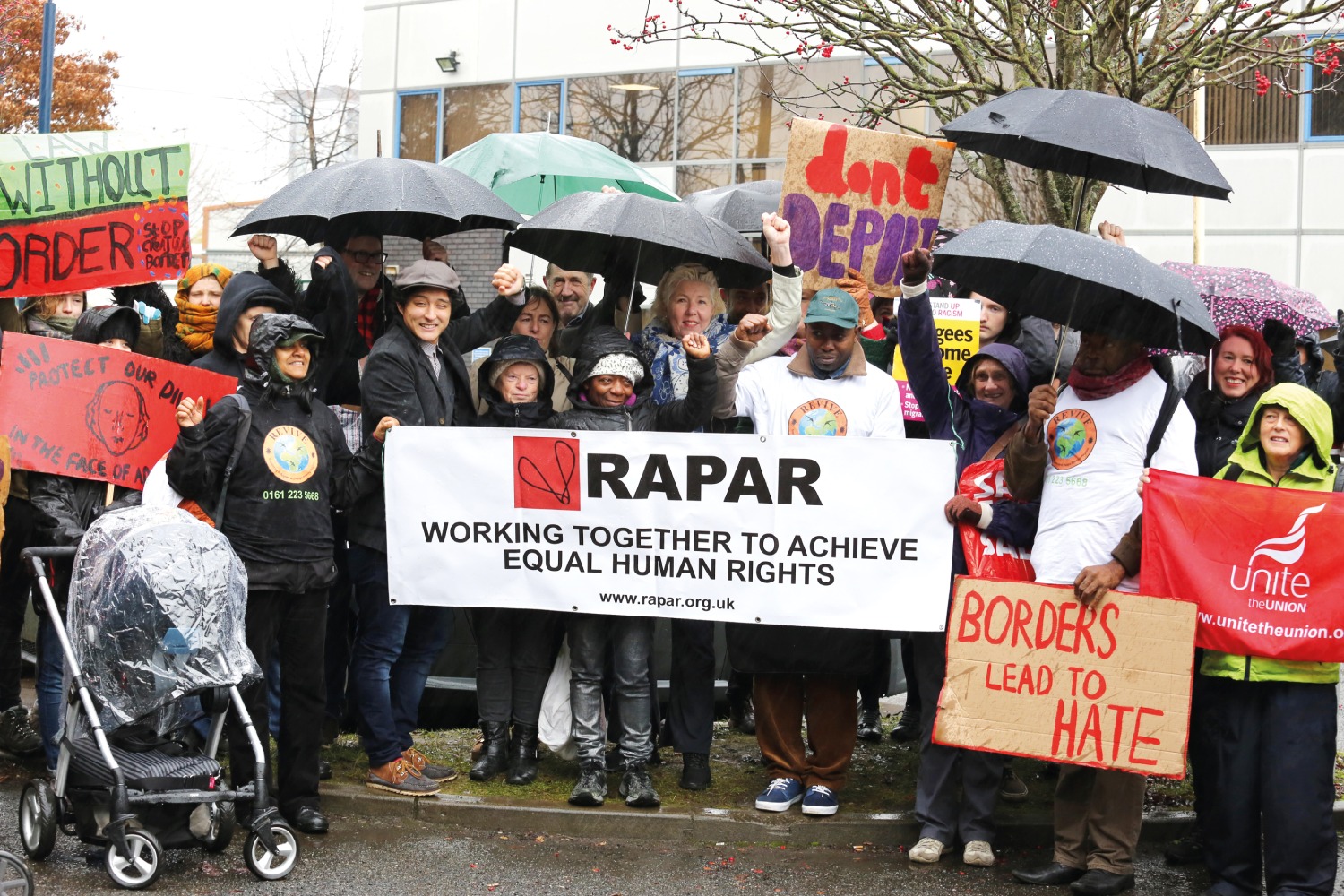
Listen
Ever-deepening poverty deprives millions of people across the UK of their human rights. But the voices of those directly affected are rarely heard in the corridors of power. The Growing Rights Instead of Poverty Partnership (GRIPP), a coalition led by grassroots organisations, is ensuring that some of these voices are heard. Amnesty International UK is supporting this work.
GRIPP’s hard-hitting report to the UN is researched and written by people with lived experience of poverty. It reveals how the UK government has created a system that keeps communities poor, ill, divided and isolated – then blames them for the conditions they are living in. This report is more than an account of suffering: it is a demand for change. The report is a submission to the UN Committee on Economic, Social and Cultural Rights (CESCR) which is reviewing the UK government’s compliance with the international treaty governing these rights. GRIPP highlights that the present conditions of poverty are a violation of human rights and the UK government is shirking its responsibilities to the worst-off in society.
The submission is a response to the UK government’s own report to the UN committee, which GRIPP members found grossly inadequate: ‘It was a whitewashing of the issues and reality of people’s lives.’
Who suffers?
That reality, revealed in GRIPP’s report, includes a ban on displaced people working while they await decisions on their asylum claim: depending on where they live, they must subsist on between £10 and £40 a week as their skills, confidence and self-esteem are constantly challenged. It includes people struggling to survive on low wages and inadequate benefits – and then having to cope with deductions from those benefits because they have fallen in to debt.
Families living in poverty are punished: parents are condemned because they lack money to provide for their children, who then face the trauma of being taken into care. Children in care who reach the age of 16 are housed in adult accommodation, exposing them to grooming and exploitation. These conditions create immense pressures on people’s mental health – and little help is available from overstretched health services that fail to meet the needs of ethnically diverse communities.
Soaring levels of poverty, a health service in crisis, a social security system no longer fit for purpose, poor work conditions, no right to work, discrimination – these are all human rights issues under international law.
This failure to enable people to pull themselves out of poverty is ultimately a failure of the UK government to respect, protect and fulfill its obligations under the International Convention on Economic, Social and Cultural Rights (ICESCR), says the report. ‘We want the voices of the people we work with to be heard by CESCR so that it may understand the turmoil they are going through because of this failure.’
For too long, poverty has been blamed on the individual. The voices central in this report expose systems and a government falling short in many areas and for too many people. The UN committee’s report on the UK is expected in 2025. Economic, Social and Cultural Rights are now a priority area for Amnesty International UK.
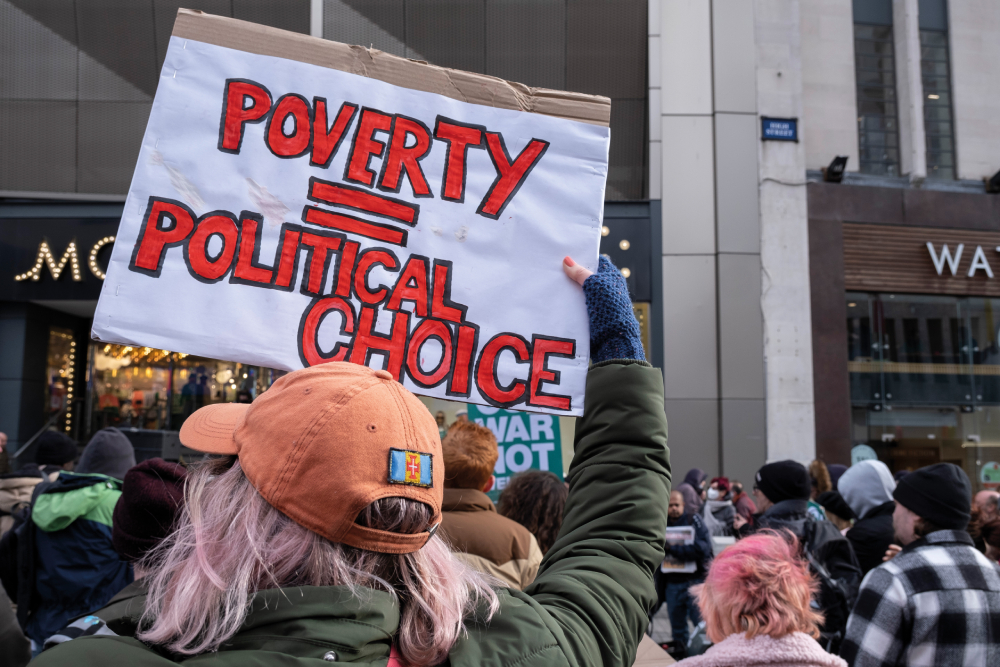
Demanding Change
Here, three GRIPP members who took part in the UN submission reflect on the experience, lessons learned and what they hope it will achieve.
GIVE US THE RIGHT TO WORK
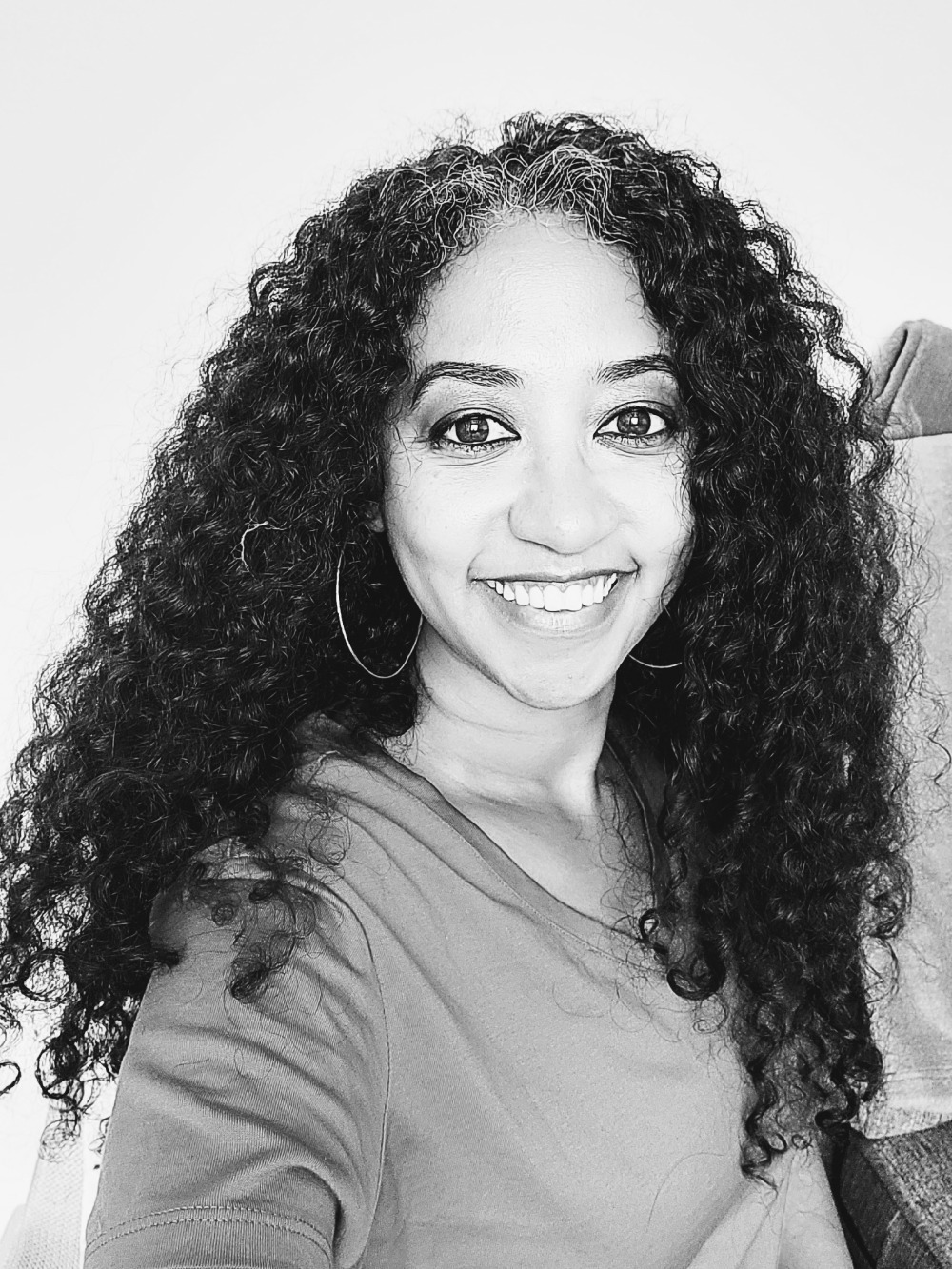
Rahwa Beyene, from RAPAR (Refugee Asylum Participatory Action Research), was a co-lead researcher on the report, and focused on the right to work (Article 6, ICESCR) specifically for displaced people seeking asylum. On 8 March, she was one of the GRIPP speakers who addressed the pre-sessional working group of United Nations Committee about its review of ICESCR.
I am originally from Eritrea and have obtained asylum in the UK. I came here three years ago and, for almost nine months, I had no support. Then I started going to RAPAR meetings. I thought, I want to advocate, to amplify the voices, I have the lived experience.
I feel most strongly about the right to work. Right now, most displaced people in the UK are banned from working and forced to live in poverty. I wasn’t allowed to work and had to live on £35 [now £40] a week. During the research for this report, one person told me that ‘just waiting for the government to support us is degrading’. Not allowing displaced people to support themselves has a bigger negative impact than the money. You lose your self-esteem, skills and experience.
I now work for Breaking Barriers, a charity helping refugees into meaningful employment and education. I am also part of the leadership team at RAPAR, where we help people with their case work and campaigning, and make sure they understand their rights. We have a mental health group, a housing group, a women’s group and a football group, which I lead.
There is stigma associated with being displaced. People often stay silent because they are scared having a say might affect their case. There are the challenges of accessing funds and around housing.
The work of GRIPP
The GRIPP project is massive for me because this collective of people all have the same mindset – working together through a lived experience and taking a human rights approach to ending poverty for all. We show that poverty hurts all of our rights. The domino effect.
For the report, we talked to around 70 of our members, people seeking asylum, refugees and undocumented people, asking what it means to be unable to work while waiting for asylum and the impact of that. The stories they told were a hard time for me because sometimes you only think about your struggle.
Some had been granted leave to remain but had not been able to find a job because there is a big gap in their CV. One member said he’s been waiting for 18 years for his asylum claim to be processed and had lost his energy, hope, and any chance to make life better. It was heart-breaking.
The work ban is harmful to everyone. It takes its harshest toll on displaced people but also the UK economy misses out on tax revenue and the skills we can give back to the community.
Relying on the government assistance of between £10 and £40 per week isn’t enough to even cover basic needs, like food, transport, clothing, the internet to connect to the GP, and if you have children, it makes life very, very hard. Now the cost of living is increasing so much but how can anyone live on this and have an adequate standard of living?
Must be held to account
Human rights are self-worth. They demand an accountable government. Back home in Eritrea, we don’t have any rights at all, we cannot say anything, or participate actively and effectively. Here, on the other hand, we can say to the government ‘This is wrong, this is not being done’.
Our report is different. It’s a personal connection – that’s important. Hopefully the UN will listen to the voices and dig deep to force the government to make change. I want them to understand what our members said about hope and energy.
The future is a lot of campaigning. We want status now for all so that people without citizenship can become positioned legally, shoulder to shoulder, with everyone else living in poverty, and we overcome it all together.
FORCED ADOPTIONS ARE HORRENDOUS
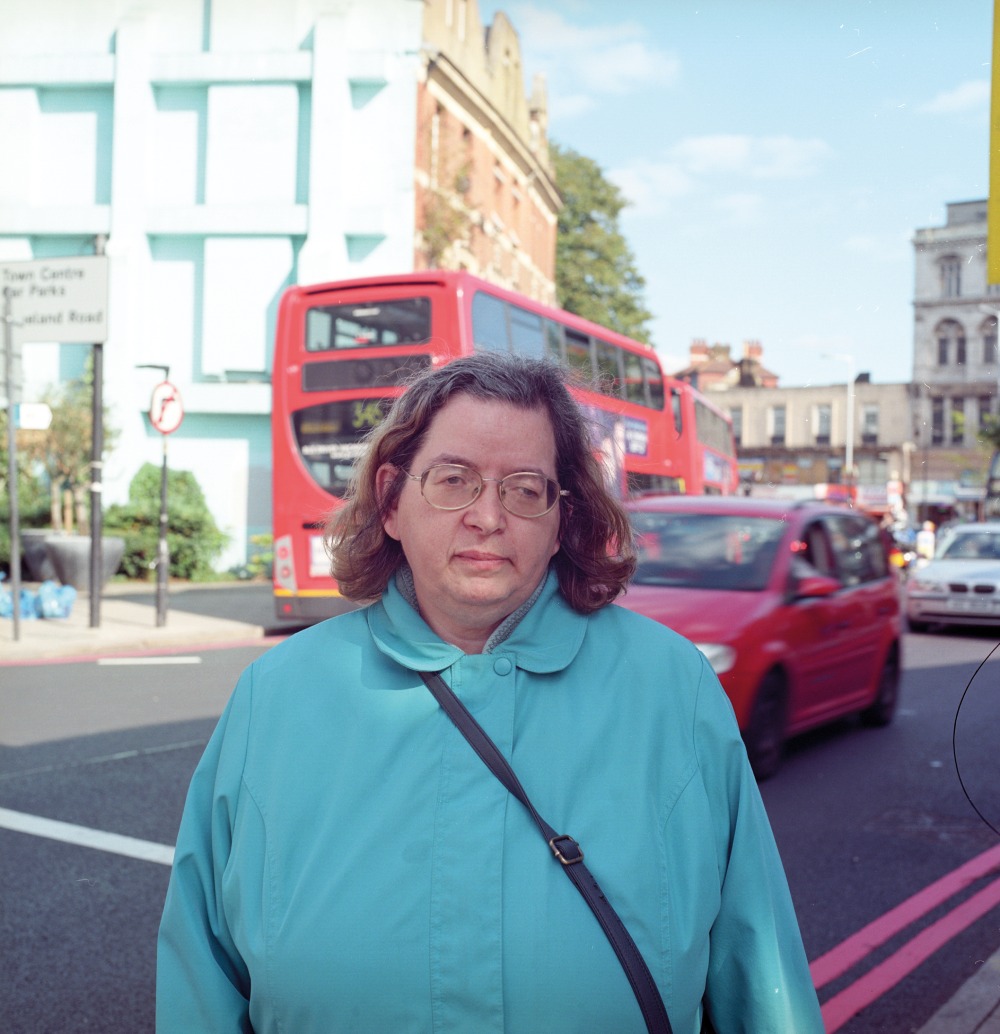
Patricia Bailey, from ATD Fourth World, facilitated study groups and helped to write about the right to protection and assistance to the family (Article 10, ICESCR). She also talked at the pre-sessional working group of the UN Committee.
I have been working to get rid of poverty and discrimination for over 20 years. For me, and for many of the activists at ATD Fourth World, we got involved because we were living in poverty and going through a big crisis very often related to social service interventions and family life.
For example, I supported a mum who kept being sent by social services to a mother-baby unit. Because the mum had been in care as a child, each time she had a baby, they put her in this unit for two months so she could be assessed. Three times, her babies were sent to foster care and then put up for adoption. Going through family court, the poor mum didn’t have a say at all. With her fourth baby, I was panicking, but finally they agreed that she could raise her own child. Families want to stay together!
The way parents in poverty are treated, it’s way out of proportion. You often get judged by social workers instead of supported to have what you need to raise your children decently. When you’re scrimping on the basics, you don’t have the money to cover up the cracks. The state spends money on foster care that could instead be used to help prevent the need for it. I used to believe that I was safe in this country and that the country would look after you in time of need, but it doesn’t.
ATD supported me through a difficult time with my daughters. I wanted to give back and protect people at their moments of crisis. Then I got involved in what we can do to change this and make sure a child is never removed from their home just because poverty gets confused with neglect, which is very often what happens.
It is shameful that the poorer you are in this country, the more likely you are to have your children forcibly taken from you. You see this around the number of children placed in care or put up for forced adoptions.
It’s all about what are the risks from the parents, not what are the risks from social services. Interventions and separation from your family actually has an opposite effect on children and families in need of support by causing further trauma.
The forced adoptions are horrendous because they affect everyone – siblings, parents and grandparents are never going to have contact with that child again, forever. Completely out of your control. I absolutely want those things changed. At ATD Fourth World we do social worker training. There are social workers we have spoken to that want to find a different way to deal with families.
One of the things ATD focuses on is the contributions people make and the positive roles they play in their communities that they’re often not recognised for. This work fed into the GRIPP report – through study groups, interviews and focus groups with families, young people and social workers to try to find solutions together.
It’s our communities that own this report. People weren’t just writing from their minds but from their hearts. I feel proud about speaking my ‘truth’ in the report. They [people in power] might not always like it but they’ve got to hear it.
I hope this report makes the UN kick the backside of the UK government. We also need the public to know they can call on the government to change things.
Patricia Bailey shared her own experiences to the GRIPP report in a poem about being visited by social workers. Here is an extract:
Before You Open Your Mouth:
A letter arrives: They’re coming to see you.
Then come the sleepless nights.
Will they remove the children?
That’s the worst about having no rights.
[…] When the day comes, they knock on your door,
they look at you with coldness, like they think you should be more.
Before you open your mouth,
they are stood there judging you,
judging how you’re dressed
and how you’ve dressed the kids too
Universal Credit Has Destroyed Lives
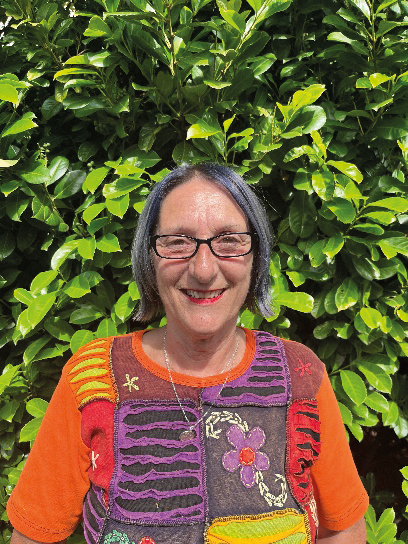
Tracey Herrington is from Thrive Teesside, a small organisation based in one of the most deprived areas of the UK. The charity worked on the right to social security (Article 9, ICESCR).
I was born into poverty, came out of it for a while and fell back into poverty when I separated from my husband. I’m not in poverty today but I work in a precarious voluntary sector so I could be there again in a couple of months.
I live in the most disadvantaged ward in Hartlepool. We have high levels of deprivation, high health inequalities, lots of crime, and very little social mobility, opportunities and access to services. I see social injustice every day, including the way women are treated, and it’s what I work against. But we’re a close-knit community.
Pressures and challenges
Thrive Teesside is very relationship-based. People come to us if a debt deduction has brought their universal credit limit lower and is causing hardship, or they may not have enough food in the house and need a referral to a community pantry. They may be struggling on zero-hour contracts or can’t access tech making it hard to apply for benefits online.
People shouldn’t have to be put on hold, talked to like second-class citizens, or not even that.
We give people a voice in whatever ways they want it, for example Thriving Women [a spoken word project].
A lot of our members say ‘We’re not heard. We’re demonised’. The GRIPP submission was one opportunity to add their insight in a valued way. We had one-to-one discussions, and group conversations. I asked people: What’s important? How do we want to express our words around this? Then they articulated it – some in poems – without censorship.
One person, Kath, talked about how our forgotten communities being unable to realise their potential is not a personal choice or bad decision making on their part, it is a direct consequence of the system. She had never stepped above the activism parapet until her late 50s. Fifty-odd years of being demonised as a woman living in poverty and it just came out, quite cut-throat but that’s her voice.
The report highlights how inadequate social security is and insufficient to cover the essentials we all need to get by. Universal credit has destroyed lives. It has undermined people’s ability to seek work properly and caused untold stress and anxiety. The reality of debt deductions – taken without gaining consent first or considering the impact – drives people into hardship and depression.
Facing a cost-of-living crisis – this is not new to the community we work alongside, it merely makes lives harder.
Power of people
I’m over the moon with the GRIPP report. The lived experience just brings it alive. The stories are emotive, horrendous as well, but good on people for not changing their language to suit an official report. There’s a solidarity between the groups and a genuine desire to learn from one another.
Hopes and help
To make it real to our little group in Stockton, I’d like to see contributions recognised by the UN and to hear their conclusions on income and addressing the system. Will the government take notice of it? I’m on the fence.
Our emphasis is on the approach, next steps and building on what we’ve achieved. Our women have already drafted their own fantastic manifestos and solutions around income and the right to social security. I hope for more ways that we – the people grounded in their own communities and realities – can collaborate more effectively.
A REALITY CHECK FROM THE GRASSROOTS
GRIPP’s submission to the United Nations Committee on Economic, Social and Cultural Rights shows how poverty violates human rights – and warns against a system that keeps people in poverty rather than enabling them to pull themselves out. The experience of poverty repeats itself over and over again, from people seeking asylum in Manchester to women in Teesside.
The submission raises serious concerns about how the poorest people are treated and concludes that the UK government is ignoring its obligations under the International Covenant on Economic, Social and Cultural Rights. It recommended questions for the committee to put to the UK government.
The report says: ‘We recognise that there is a system being created and maintained by the UK government that not only works against people breaking out of poverty, but in fact works to keep our communities poor, to keep us ill, to keep us isolated. Although our different communities may have different interactions with the state, whether it be through interactions with an immigration official, a social worker, a Job Centre advisor, or a health practitioner, we all experience the same povertyism… We are blamed for our poverty when in fact it is the state denying us these rights.’
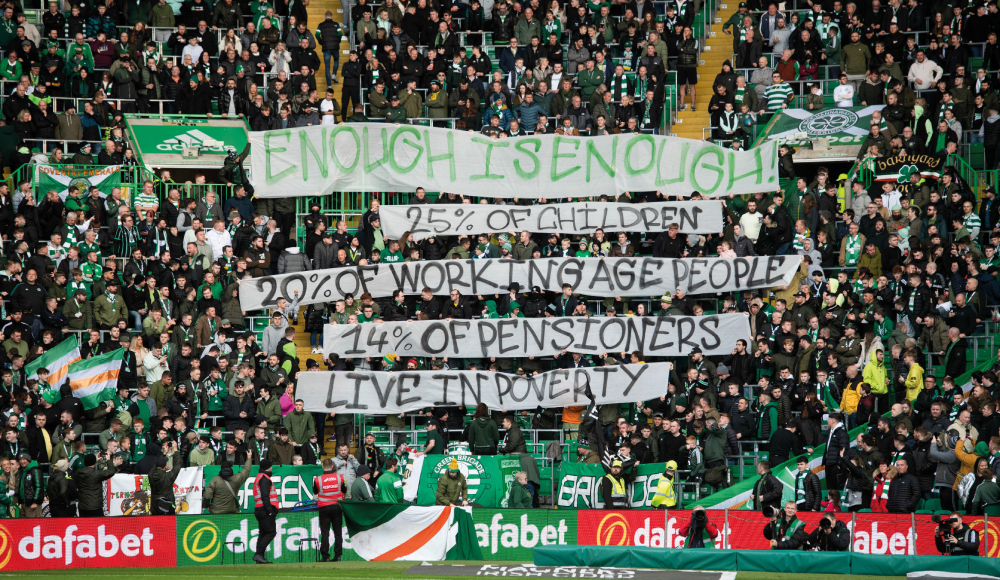
KEY FINDINGS
The right to work
The government effectively bans most displaced people from working and forces them to live in poverty. This has a huge impact on mental health and well-being. The government assistance payment is not enough to even cover basic needs. Newly recognised refugees face higher unemployment because of lack of UK work experience, gaps in CVs and their skills not being recognised.
‘We get £40 p/w but we always must decide on what to spend. This creates stress, depression and worse health. Once you’re ill and are on medication it’s hard. I feel the government is doing this intentionally. Not allowing us to work, being dependent on the government and keeping us in poverty.’ - GRIPP Respondent
The right to social security
Austerity has weakened the UK’s social security system and public services to a point where they do not work effectively. The government’s universal credit programme has made many people worse off, and people feel ‘battered’ by deductions for rent arrears and other debts from an insufficient benefit entitlement. The system’s reliance on digital technology excludes people with no internet access or skills.
‘We were told this [universal credit] was a better deal, making us financially more secure and lifting our children out of poverty. This is not the reality. My hours have ebbed and flowed, short terms contracts have played havoc with my income, and I’ve been left without money for weeks. We have had to rely on family support, go cap in hand to foodbanks and not put on our heating.’ - GRIPP Respondent
The right to protection and assistance to family
There are concerns about a social care system run on a culture of ‘fear and risk aversion’. The removal of children from the home is seemingly prioritised over offering families additional support. Evidence revealed that poorer families from poorer areas were more likely to be referred to child services and more likely to have their children removed. Harsh interventions that sever family ties can damage well-being and identity, and accommodation of 16 to 18-year-olds in care has insufficient regulations, making them vulnerable to grooming and trafficking.
‘In care, children can become completely neglected and feel like they had to drag themselves up without help… Parents in poverty are often manipulated into signing away parental rights. In closed adoptions, your children’s siblings’ rights are violated because they will never again be allowed visits with their brothers and sisters. They’re suffering collateral damage. Instead social workers sometimes say, “It’s better for your kids to forget”. That’s state-sponsored emotional abuse.’ - GRIPP Respondent
The right to health
Mental health care and support services are inadequate and do not meet the needs of the diverse community in Brent where the research was carried out. If you’re lucky enough to find such a provision, it is not culturally appropriate for the community.
‘What is the point of seeking support for my wellbeing, nothing changes. They don’t care about us. Do you know I have asked for help over 10 times? But they keep telling me to refer myself – to where? The system doesn’t meet my cultural needs. I’m in so deep that I can’t even think straight anymore.’ - GRIPP Respondent
WHO IS GRIPP?
GRIPP – Growing Rights Instead of Poverty Partnership – is made up of a number of individuals, projects and organisations from across different nations and regions in the UK who take a human rights-approach to ending poverty, ensuring people’s rights are central to policies and practices. GRIPP has grown out of members working together since 2019. It is currently led by ATD (All Together In Dignity) Forth World UK, RAPAR, Thrive Teeside and Intisaar. It is supported by partners Amnesty International UK, Just Fair and Human Rights Local, a project of the University of Essex Human Rights Centre, alongside individual activists Susanna Hunter-Darch and Rhetta Moran. It aims to bring people, groups and communities together from across the UK to build a social movement for change, and share undocumented experience to expose and challenge systemic issues at the root cause.
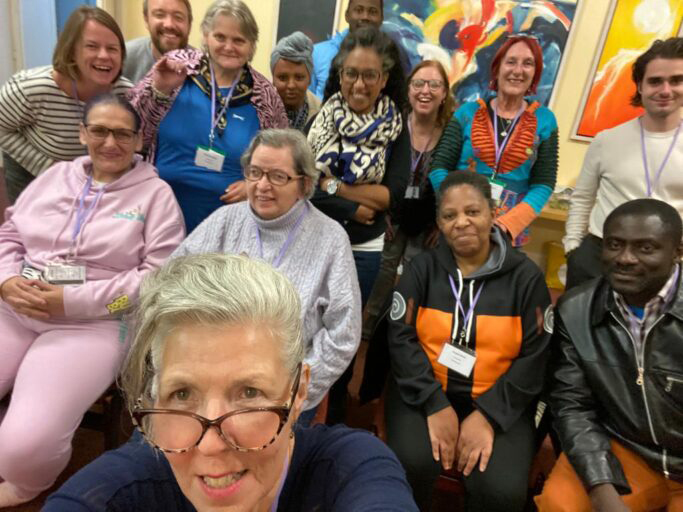
WHAT YOU CAN DO